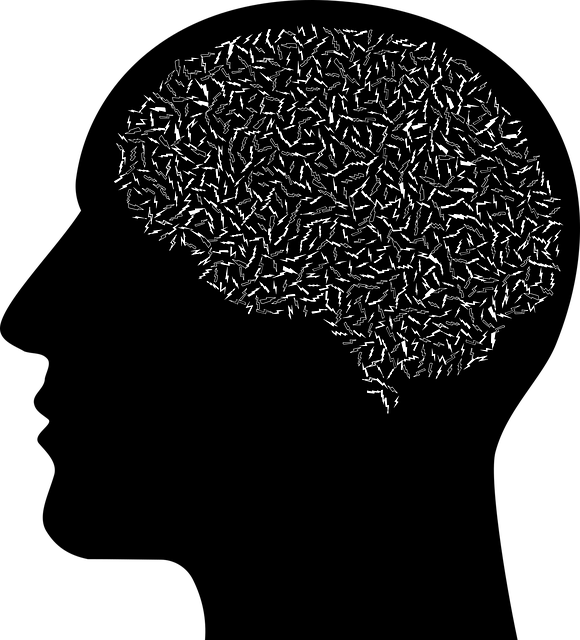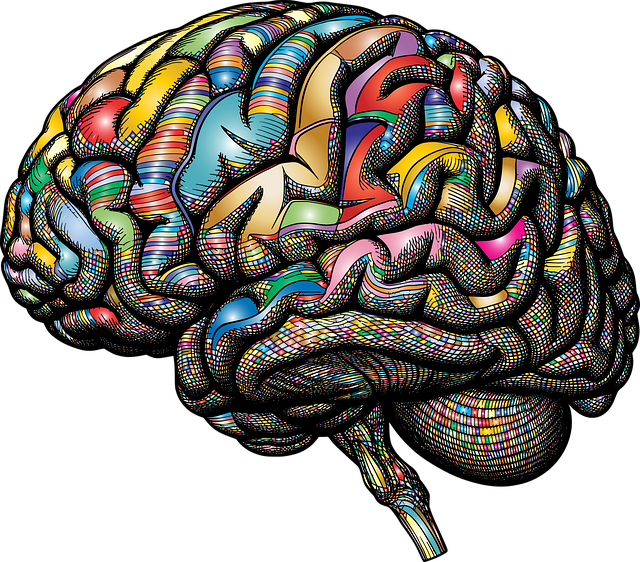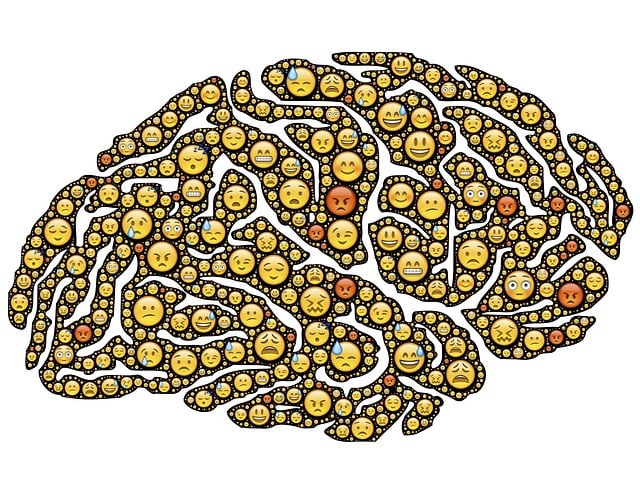The text emphasizes the powerful impact of media representation on societal perceptions of mental illness, highlighting the need for accurate and empathetic portrayals. Highlands Ranch Geriatrics Therapy advocates for reducing stigma through programs like Mental Wellness Coaching and a podcast series based on Mind Over Matter principles. By sharing authentic stories and expert guidance, they aim to educate, empathize, and destigmatize mental wellness across media platforms. The key to effective representation lies in diversity, accuracy, and collaboration between creators and mental health experts, ultimately fostering compassion and encouraging help-seeking behaviors.
“Mental illness representation in media is a powerful tool that can either perpetuate harmful stereotypes or foster understanding and empathy. This article delves into the complex landscape of media portrayal, exploring its impact on public perception. We examine the challenge of misinformation and stereotyping, offering strategies for more accurate and compassionate depictions.
Highlands Ranch Geriatrics Therapy serves as a case study, showcasing successful media engagement, while also discussing how audience education can drive positive change, ultimately challenging societal norms and promoting mental health awareness.”
- Understanding Mental Illness Representation in Media
- The Impact of Stereotypes and Misinformation
- Strategies for Accurate and Compassionate Portrayal
- Case Studies: Successful Depictions in Highlands Ranch Geriatrics Therapy
- Fostering Change: Audience Engagement and Education
Understanding Mental Illness Representation in Media

Understanding Mental Illness Representation in Media is a complex task that requires nuanced sensitivity. The media plays a significant role in shaping societal perceptions about mental health, making accurate and empathetic portrayal crucial. Unfortunately, stereotypes and misrepresentations have long plagued this aspect of storytelling, contributing to stigma and misunderstanding. This often results in one-dimensional characters or exaggerated narratives that do not reflect the diversity and nuances of real-life experiences with mental illness.
Highlands Ranch Geriatrics Therapy emphasizes the importance of accurate representation to foster a supportive environment for those dealing with mental health challenges. Development of Mental Wellness Coaching Programs and Production of Mental Wellness Podcast Series, grounded in Mind Over Matter Principles, can contribute to this cause. By integrating real-life stories and expert insights, these initiatives promote education, empathy, and destigmatization, moving towards a more compassionate understanding of mental wellness across various media platforms.
The Impact of Stereotypes and Misinformation

The representation of mental illness in media has a profound impact on societal perceptions and can either perpetuate harmful stereotypes or foster understanding and empathy. Often, media portrayals depict individuals with mental health conditions as violent, unpredictable, or entirely disabled, reinforcing negative attitudes and adding to the mental illness stigma. This misinformation not only affects how audiences view people with mental disorders but also influences support systems and treatment-seeking behaviors. For instance, a patient at Highlands Ranch Geriatrics Therapy might face challenges in receiving adequate care if media representations have instilled fear or misunderstanding among potential caregivers.
Mental illness stigma reduction efforts are necessary to counteract these stereotypes. By showcasing diverse narratives and promoting accurate representation, the media can contribute to mental wellness coaching programs development. Encouraging inner strength development through such initiatives ensures that individuals with mental health challenges are seen as capable of leading fulfilling lives. This shift in perspective is vital for breaking down barriers and creating a supportive environment where those affected can access necessary resources and support without fear of judgment.
Strategies for Accurate and Compassionate Portrayal

In representing mental illness in media, accuracy and compassion are paramount to breaking down stigma and fostering understanding. To achieve this, creators should collaborate with mental health experts, ensuring storylines reflect real-world experiences while avoiding stereotypes. Incorporating diverse narratives featuring various conditions and characters’ journeys towards recovery can challenge perceptions and promote empathy among viewers. This approach not only enhances the authenticity of the story but also encourages discussions on mental wellness, as seen in initiatives by Highlands Ranch Geriatrics Therapy, focusing on Inner Strength Development.
Additionally, providing a balanced view by showcasing both the challenges and resilience of individuals with mental illness is crucial. Portraying effective support systems, therapeutic interventions, and personal growth can offer valuable insights into risk management planning for mental health professionals while encouraging viewers to seek help without sensationalizing their struggles. Such strategies contribute to a more nuanced media landscape that reflects the complexities of mental wellness.
Case Studies: Successful Depictions in Highlands Ranch Geriatrics Therapy

In recent years, the media has played a significant role in shaping public perception of mental health issues, with some portrayals being highly problematic. However, there are inspiring examples that highlight the positive impact of accurate representation. Case studies within Highlands Ranch Geriatrics Therapy demonstrate the success of integrating resilience-building strategies and compassion cultivation practices into therapeutic regimens. By focusing on these evidence-based approaches, the clinic has achieved notable progress in treating mental illness among its geriatric population.
The therapists at Highlands Ranch Geriatrics Therapy recognize that social skills training is integral to fostering meaningful connections and combating isolation—a common challenge among older adults experiencing mental health issues. Through individualized therapy sessions, they guide patients towards developing coping mechanisms that enhance their overall well-being. These case studies exemplify how a compassionate and tailored approach can lead to transformative outcomes, offering hope and encouragement for more realistic and positive representations of mental illness in the media.
Fostering Change: Audience Engagement and Education

In the fight against mental illness stigma, audience engagement and education play a pivotal role. Media has the power to shape public perception, and when portrayed accurately, it can foster understanding and empathy. By integrating real-life narratives and experts’ insights, media platforms can challenge stereotypes associated with mental health struggles. This approach encourages viewers to recognize the diversity of experiences and symptoms, fostering a more compassionate community. For instance, highlighting successful recovery stories from Highlands Ranch Geriatrics Therapy can inspire hope and dispel myths.
Furthermore, engaging audiences through interactive content or community outreach programs can empower them to take initiative for better mental health. Encouraging self-care routine development and cultural sensitivity in mental healthcare practice ensures that diverse communities feel seen and supported. These strategies collectively contribute to creating a more inclusive environment where individuals are encouraged to seek help without fear of judgment, ultimately leading to positive changes in mental illness representation in media.
Mental illness representation in media has come a long way, but challenges remain. By understanding the impact of stereotypes and misinformation, adopting strategies for accurate and compassionate portrayal, and engaging audiences through education, we can foster positive change. The case studies from Highlands Ranch Geriatrics Therapy demonstrate that nuanced, empathetic storytelling can make a significant difference. As we continue to navigate this landscape, it’s crucial to remember that media has the power to shape perceptions and promote understanding—a testament to its role in revolutionizing mental health discourse.














